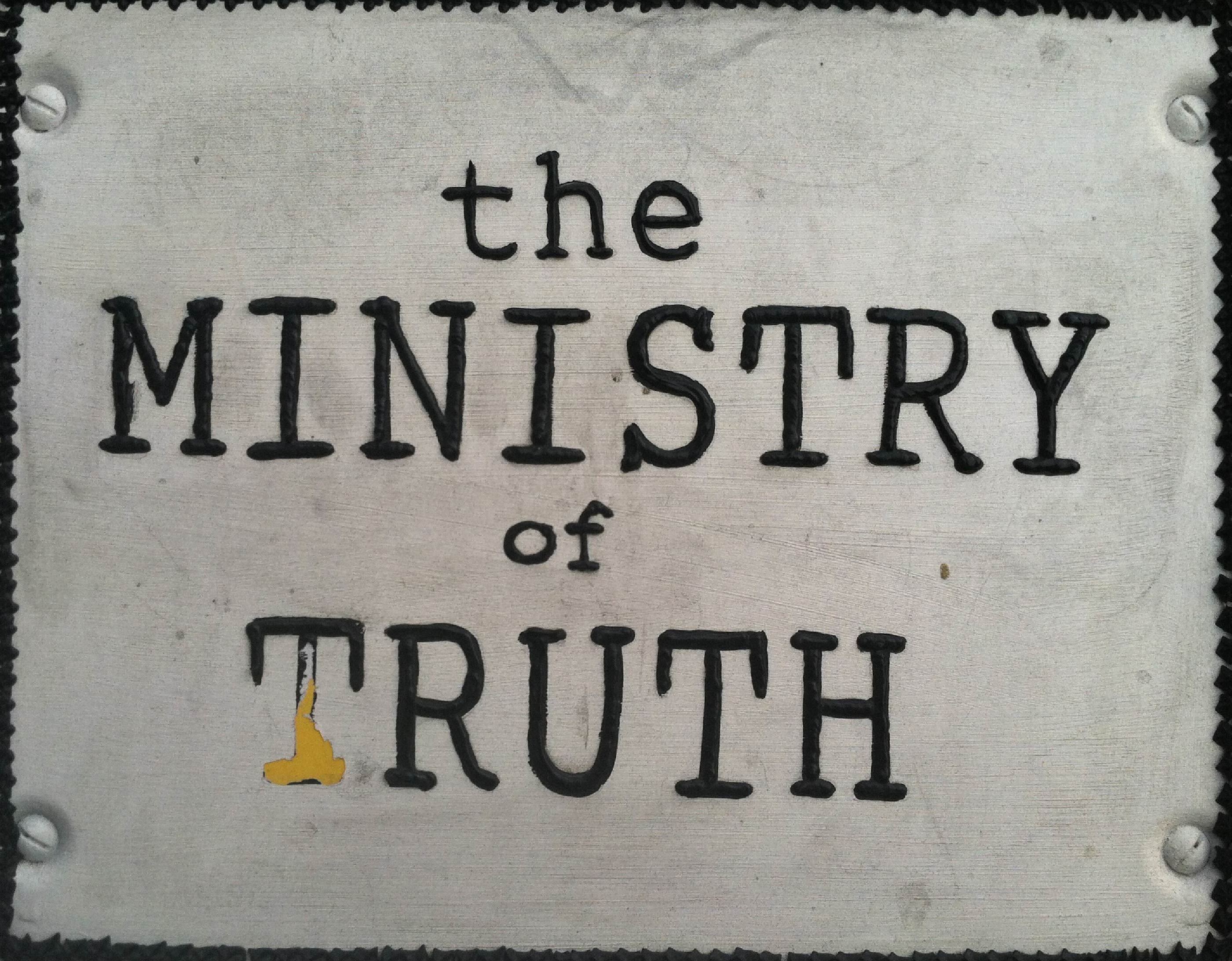The following censorship instructions, issued to the media by government authorities, have been leaked and distributed online. The name of the issuing body has been omitted to protect the source.
All websites are forbidden from maliciously hyping the “Ministry of Culture Blacklists 120 Songs From the Internet” affair. (August 11, 2015) [Chinese]
The AP reports on the Ministry of Culture’s newly banned songs, and the threat of “severe punishment” facing any website that fails to take down the blacklisted music:
The order from the Ministry of Culture accompanied the list of 120 songs that “trumpeted obscenity, violence, crime or harmed social morality,” the official Xinhua News Agency said.
It said the problematic content violated online cultural management regulations and said that any unit or individual that does not take down the songs will face unspecified “severe punishment.”
The list contains Chinese-language songs, and some are by household names in China, including Taiwanese pop singer Chang Csun Yuk and Taiwanese actor Stanley Huang.
Chang’s blacklisted songs include “Fart,” with the line “There are some people in the world who like farting while doing nothing,” and “I Love Taiwanese Girls,” in which he sings that he will take them to a gynecology department if they get pregnant and urges them to take off their clothes. [Source]
At The Guardian, Fergus Ryan reports a mixed reaction from Internet users:
The banned list – which contains many household names and karaoke favourites such as Beijing Hooligans, Don’t Want to Go to School and Suicide Diary – has been met with a mixed reaction online. Some commenters supported the blacklisting: “Thumbs up! Such bad taste and vulgarity. You can tell just by looking at the names!”
Other comments on China’s social media platform Weibo were more sarcastic. “Thank you ministry of culture for the recommendations!” wrote Weibo user LeOn-Off. “This is why Chinese hip-hop culture will never rise,” said another.
The state media agency Xinhua said the list would be updated regularly. [Source]
BuzzFeed’s Beimeng Fu reports that the blacklist itself has lent many of the songs unintended publicity, and notes that many banned song lyrics are still widely available online. Fu’s report also reviews some of the banned songs and explains their sensitivity:
While the lyrics look to be the problematic part of most of the banned songs, we haven’t seen any sign of banning the lyrics themselves. (You can still easily find them on Chinese websites such as Quora-like site Zhihu.)
It’s already impossible though to find the songs on popular Chinese music apps such as Netease Cloud Music. (Thanks to China’s cutting-edge piracy industry, we are confident that it won’t take too long for hardcore Chinese music fans to put them back up.)
But on Sina Weibo, the list of the banned songs is being widely circulated, giving the singers another round of exposure and bringing mainstream attention to underground folk/rock music. […] [Source]
While anti-vulgarity campaigns have long been a feature of China’s tightly controlled Internet, they have become increasingly common under the Xi administration. An anti-pornography drive launched last April was criticized as being yet another of many new policies aimed at controlling online public opinion. Last November new rules limiting sites from streaming sexual and violent content sparked concern that China’s burgeoning entertainment industry could be held up. In June of this year, dozens of Japanese cartoons were blacklisted in China for “lewd or violent” content, and dozens of sites were punished for streaming those newly banned animations.
Meanwhile, as the list of 120 songs not sanitary enough for China’s Internet was being released, the nation’s copyright regulator announced that over two million unlicensed songs had been taken down by service providers after an official warning against music piracy last month.








